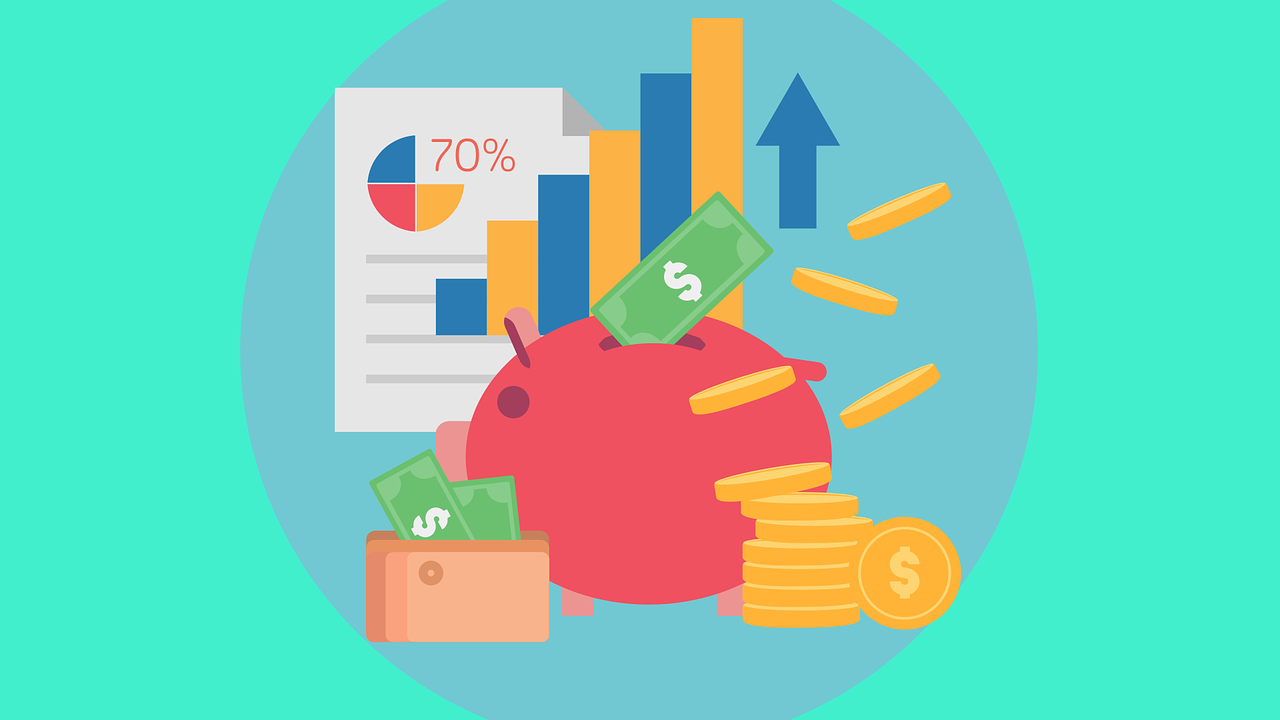Here, I will talk about sustainable finance and positive global transformation.
In today’s rapidly changing world, sustainability has evolved from a buzzword to a critical pillar of responsible business practices. As individuals and corporations alike recognize the urgent need to address environmental and social challenges, the realm of finance has not remained untouched.
Enter sustainable finance – a dynamic approach that aligns financial decisions with environmental, social, and governance (ESG) considerations. By selecting a banking partner that champions sustainable finance, you contribute to positive global change and set the stage for long-term financial prosperity.
Table of Contents
Understanding Sustainable Finance
Sustainable finance is more than just a trend; it represents a paradigm shift in the financial sector. This approach acknowledges that traditional financial practices can impact the environment and society.
It seeks to integrate sustainability criteria into investment and lending decisions, fostering initiatives prioritizing environmental conservation, social equity, and ethical governance.
The Role of Banking Partners
Choosing a banking partner that embraces sustainable finance principles can profoundly affect your organization’s impact.
Financial institutions prioritizing sustainable finance promote responsible lending and align their investments with ESG values. This commitment extends to funding projects that mitigate climate change, enhance resource efficiency, and support community development.
Benefits for Businesses
- Enhanced Reputation: Collaborating with a banking partner that engages in sustainable finance demonstrates your company’s commitment to ethical and responsible business practices, enhancing your reputation among stakeholders and customers.
- Access to Green Financing: Sustainable finance often includes specialized products such as green loans and bonds that support environmentally friendly initiatives. You gain access to these funding avenues by partnering with a sustainable bank.
- Long-Term Viability: Companies that integrate sustainable finance into their strategies are better positioned to navigate regulatory changes, consumer preferences, and emerging risks, ensuring long-term viability.
READ ALSO: What Do You Need to Do Before Ordering Banking and Financial Software Development?
Steps to Choose a Sustainable Banking Partner
- Research and Due Diligence: Investigate potential banking partners to determine their stance on sustainable finance. Review their ESG policies, past investments, and commitments to social responsibility.
- Transparency and Reporting: A credible sustainable banking partner should provide transparent reporting on their ESG initiatives, showcasing their efforts to align finance with sustainability goals.
- Industry Leadership: Look for a banking institution that leads in sustainable finance innovations, indicating a dedication to driving positive change within the financial sector.
Driving Positive Change
By selecting a banking partner that supports sustainable finance, you become an advocate for change on a global scale.
Your decision to prioritize sustainability strongly signals that businesses can thrive while contributing to the planet’s well-being and its inhabitants.
READ ALSO: The Big Risks In Big Data For Fintech Companies
Take Action for a Better Tomorrow
The financial sector’s shift toward sustainable finance reflects a growing awareness of the interconnectedness between financial decisions and the world’s pressing challenges.
By choosing a banking partner that embraces sustainable finance principles, you actively participate in shaping a more sustainable and equitable future. The benefits extend beyond the immediate financial landscape, encompassing environmental preservation, social progress, and ethical governance.
So, act today and make a conscious choice that resonates positively for future generations. Your business can thrive through sustainable finance while championing a better tomorrow.
Sustainable Finance And Positive Global Transformation: Frequently Asked Questions
What is the purpose of sustainable finance?
Sustainable finance seeks to address global challenges like climate change, social inequality, and resource depletion by:
- Channeling capital towards sustainable investments: Directing financial resources away from harmful industries and towards projects with positive social and environmental impacts.
- Promoting transparency and accountability: Encouraging companies and investors to adopt ethical and transparent practices in their operations and investment decisions.
- Supporting sustainable development: Helping to achieve the UN Sustainable Development Goals (SDGs) and a more equitable, sustainable future.
READ ALSO: Cybersecurity Essentials for Financial Management
How does sustainable finance contribute to positive global transformation?
Sustainable finance is changing the way the world thinks about investing:
- Environmental Sustainability: Investments can support clean energy, pollution reduction, biodiversity conservation, and other initiatives that protect the environment.
- Social Responsibility: Sustainable finance can support projects that promote human rights, fair labor practices, gender equality, education, and community development.
- Governance Responsibility: Investors can push corporations to improve transparency, accountability, and ethical decision-making through sustainable finance practices.
- Systemic Change: By integrating sustainability into investment decisions, sustainable finance can shift market dynamics and create long-term positive impacts on a global scale.
What are the challenges and opportunities facing sustainable finance?
Challenges
- Lack of standardization: There is a need for clear and consistent ESG criteria and measurement frameworks.
- Greenwashing: The risk of companies exaggerating their sustainability credentials to attract investment needs to be addressed.
- Cost of transition: The shift to sustainable investments may initially require higher costs for companies and investors.
Opportunities
- Growing demand: Investors, particularly younger generations, increasingly seek investments that align with their values for both financial outcomes and positive impact.
- Innovation and efficiency: Sustainable finance drives innovation in cleaner technologies, sustainable business models, and more efficient resource management.
- Long-term resilience: Sustainable investments tend to outperform over time due to the reduced risk of environmental liabilities and social disruption.
Conclusion
Sustainable finance is poised for significant growth and offers a powerful tool for aligning investor goals with long-term positive change. It will be crucial in achieving a more sustainable, equitable, and resilient future.
Incorporating these principles into your banking choices empowers you to be a part of the solution, demonstrating that the pursuit of profit can harmoniously coexist with responsible stewardship of our planet and society.
As you explore potential banking partners, remember that your decision matters – not only for your organization’s success but for the broader well-being of our world.
INTERESTING POSTS
About the Author:
Mikkelsen Holm is an M.Sc. Cybersecurity graduate with over six years of experience in writing cybersecurity news, reviews, and tutorials. He is passionate about helping individuals and organizations protect their digital assets, and is a regular contributor to various cybersecurity publications. He is an advocate for the adoption of best practices in the field of cybersecurity and has a deep understanding of the industry.









